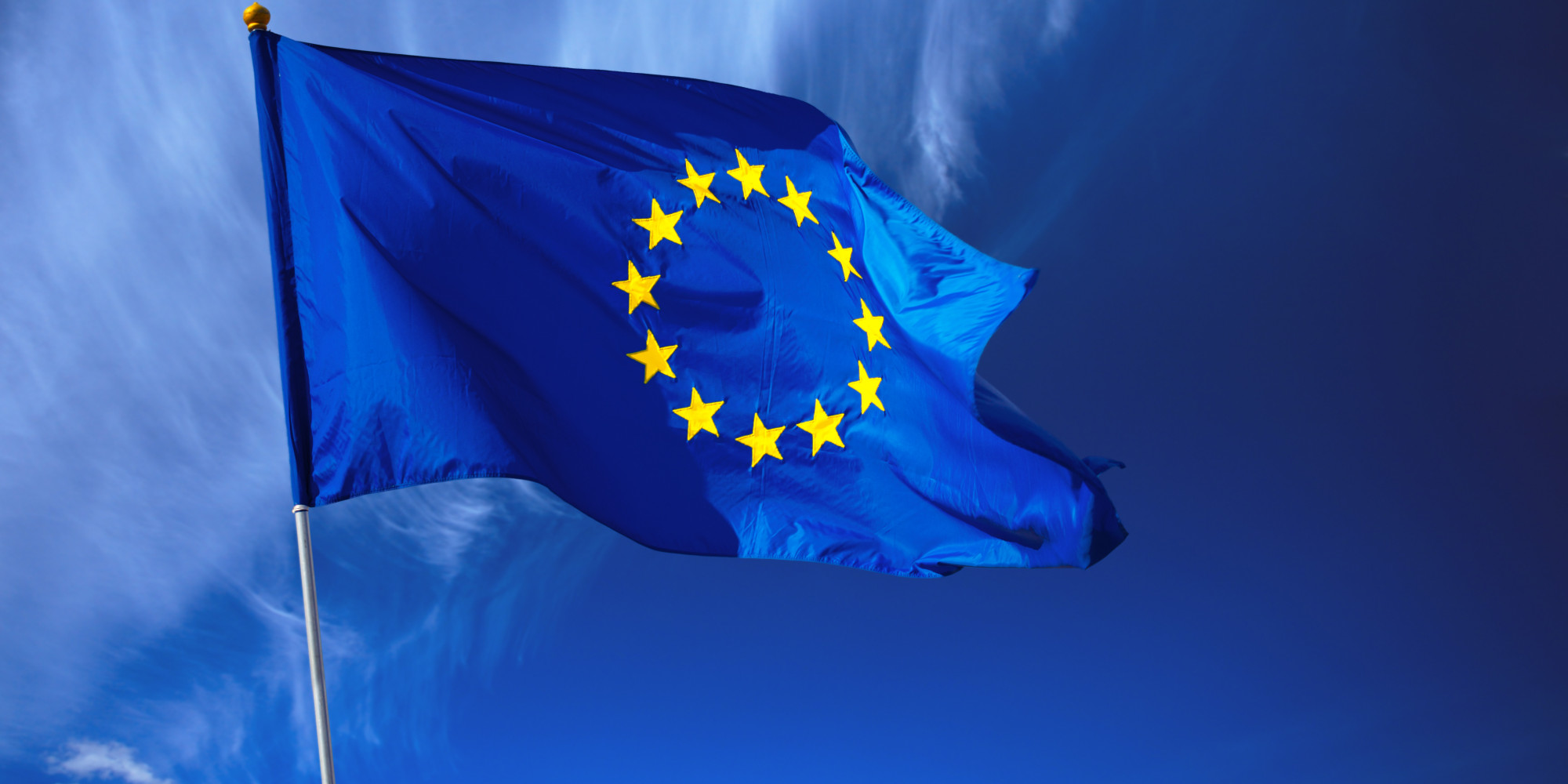Daniel Naurin, Elin Naurin, Amy Alexander (2019)

ABSTRACT:
Gender stereotypes—stylized expectations of individuals’ traits and capabilities based on their gender—may affect the behavior of diplomats and the processes of international negotiations. In a survey experiment in the Council of the European Union, we find that female representatives behaving stereotypically weak and vulnerable may trigger a chivalry reaction among male representatives, increasing the likelihood that the men will agree to support a bargaining proposal from the women.
The effect is conditional on the negotiators’ cultural background—the chivalry reaction is displayed mainly by diplomats from countries with relatively low levels of gender equality. Our study contributes to the research on nonstandard behavior in international relations, and in particular the expression and reception of emotions in diplomacy.
We argue that gender stereotypes may have a moderating impact on decision making based on such intuitive cognitive processes. We also add to the broader negotiation literature, both by showing the pervasiveness of gender stereotyping, and by testing at the elite level the generalizability of claims regarding gender effects derived from laboratory experiments. Overall, our findings demonstrate the importance of bringing gender into the study of international negotiations, where it has been largely and surprisingly ignored.